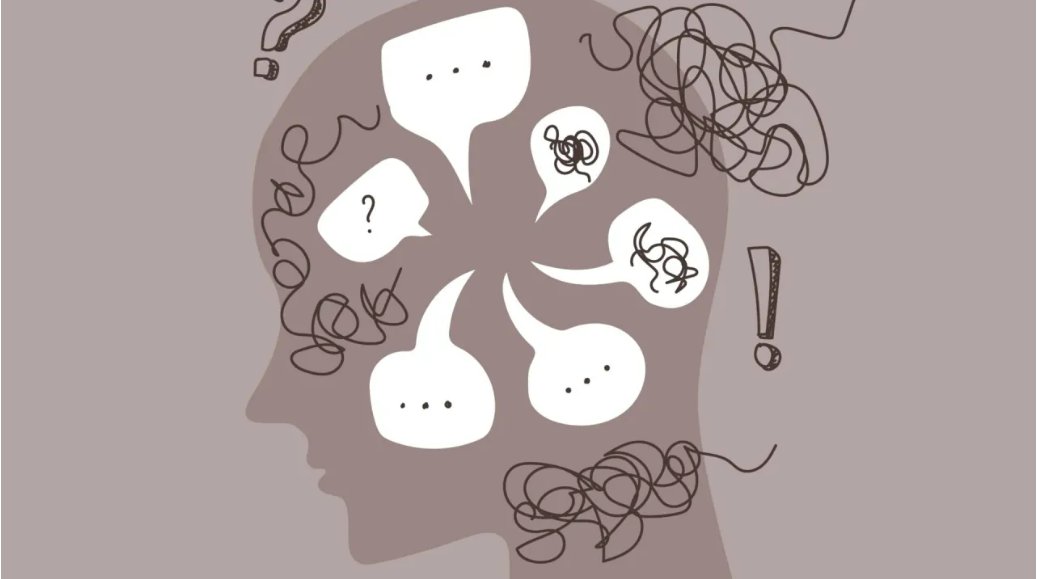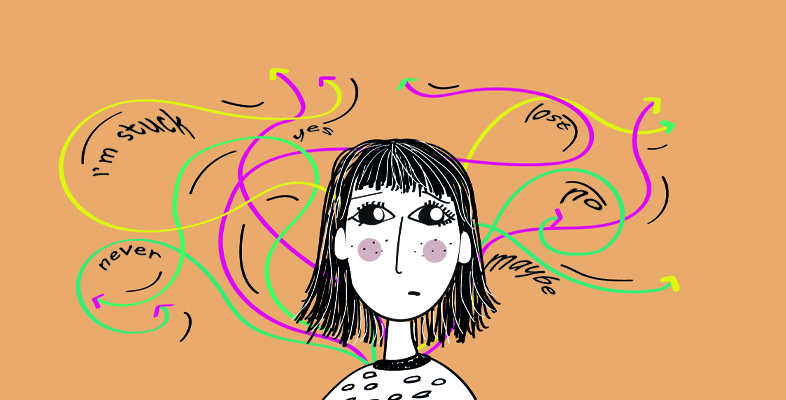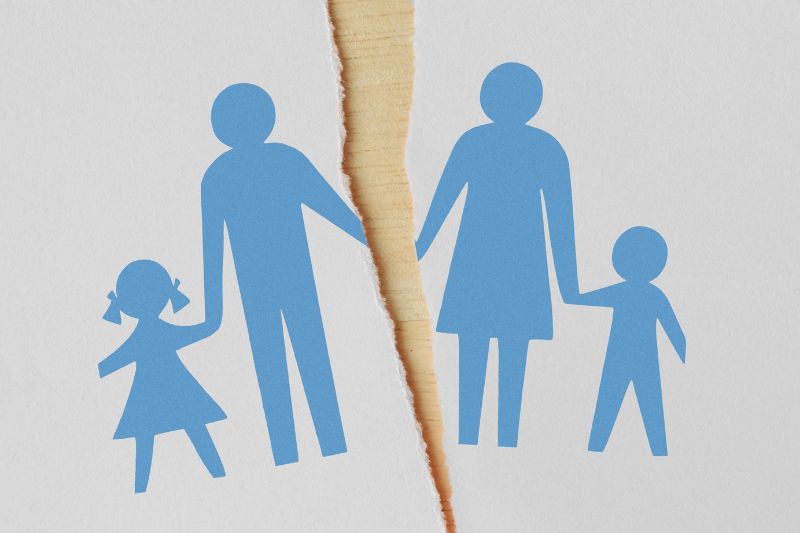Catastrophizing and worrying may spark an anxiety spiral. Dismantle negative thoughts by differentiating productive worry from toxic worry, identifying negative behaviors, and building a support system. Here’s how to get started.
Read More>>
Key Points:
-
- “The Worrying-Anxiety Connection”
- “Toxic Worry vs. Productive Worry”
- “3 Ways to Stop Catastrophizing”










